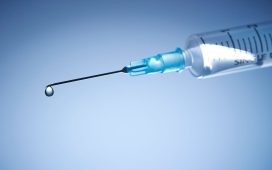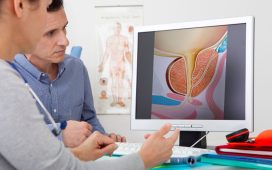Women with an abnormal hirsutism score should be tested for elevated androgen levels
THURSDAY, March 15, 2018 (HealthDay News) — As an update to an earlier clinical practice guideline, recommendations for evaluating and treating hirsutism in premenopausal women have been issued and published online March 7 in the Journal of Clinical Endocrinology & Metabolism.
Kathryn A. Martin, M.D., from Massachusetts General Hospital in Boston, and colleagues reviewed the literature to update the existing guidelines, published in 2008. The Grading of Recommendations, Assessment, Development, and Evaluation system was used to describe the strength of recommendations and quality of evidence and develop this evidence-based guideline.
The researchers suggest testing all women with an abnormal hirsutism score for elevated androgen levels. Eumenorrheic women with unwanted local hair growth are not recommended to undergo testing for elevated androgen levels. For most women who have patient-important hirsutism despite cosmetic measures, pharmacological therapy is recommended as well as direct hair removal methods for those who want additional cosmetic benefit. Pharmacological therapy or direct hair removal methods are recommended for women with mild hirsutism and no evidence of an endocrine disorder. Oral combined estrogen-progestin contraceptives are the recommended pharmacologic therapy for the majority of women. If the response is suboptimal after six months, adding an antiandrogen is suggested. Unless adequate contraception is used, antiandrogen monotherapy is not recommended. Insulin-lowering drugs are also not recommended. Laser/photoepilation is recommended for most women who choose hair removal therapy.
“Excess facial or body hair is not only distressing to women, it is often a symptom of an underlying medical problem,” Martin said in a statement.
One author disclosed financial ties to the pharmaceutical industry.
Copyright © 2018 HealthDay. All rights reserved.








